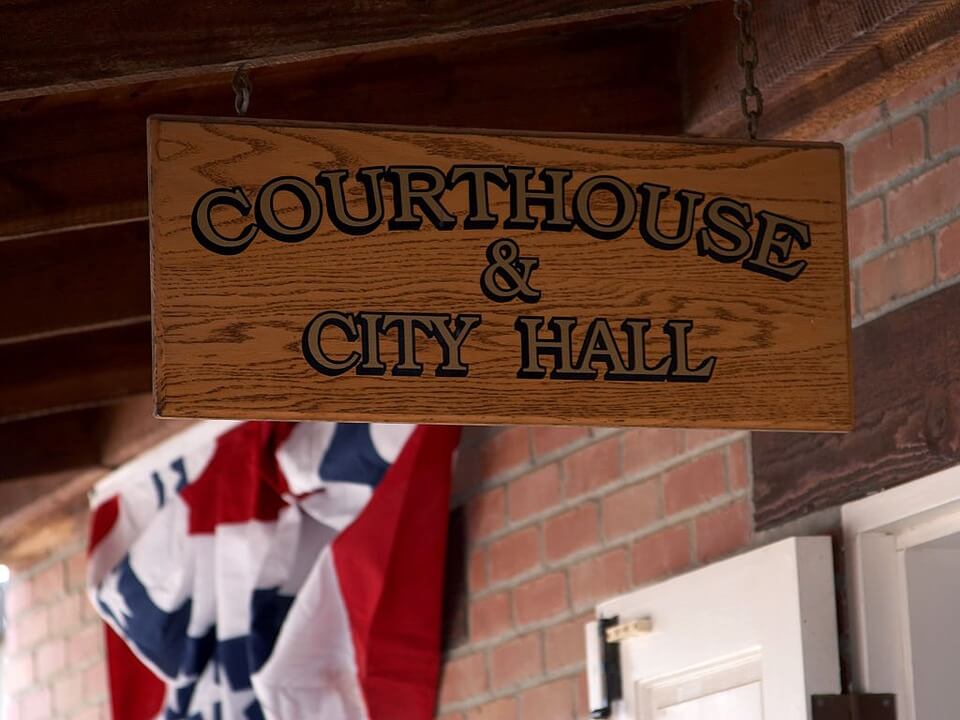
The Duties of an Executor: Estate Administration in a Crisis
The executor of an estate makes sure the estate is settled and distributed according to the documented wishes of the deceased. In so doing, the executor has significant responsibilities, which include protecting the interests of the estate and all of its beneficiaries, documenting and distributing estate assets, and preparing and filing an estate tax return.

Hospitality Industry Challenges Post COVID-19
The pandemic brought much of the world to a standstill at some point in 2020, and the hospitality industry was not immune. Restaurant, hospitality, and entertainment venue closures and changes in service have put many of these businesses in a tailspin. With restrictions easing, business owners and operators need help dealing with new hospitality industry challenges. Finding sound information from reliable sources and guidance is essential to help your business adjust to changing times and get back on its feet.

Administering an Estate during the Coronavirus Pandemic
Losing a loved one is always difficult and often accompanied by stressful legal obligations related to settling the estate of the deceased. Administering an estate during the coronavirus pandemic, and in the months that follow, brings additional obstacles and delays that the executor and families must face.

Estate Planning Advice: Has It Changed Following the Pandemic?
Estate planning advice is the same in one key aspect as it was before the coronavirus pandemic hit the US: everyone needs an estate plan. How that advice has changed depends on your situation. Have you experienced a substantial decrease in the value of significant assets in your estate? Has your health or the health of one of your personal representative or executor, trustee, legatees, or beneficiaries changed? If any aspects of your estate or persons directly involved in your estate have altered, or if you haven’t yet created an estate plan, talking to an experienced estate planning attorney is critical to preserve your hard-earned assets for your use and for passing on.

How PPP Loan Forgiveness Works for Different Business Structures
Businesses across the country have clamored to take advantage of the Paycheck Protection Program (PPP or P3) offered under the Coronavirus Aid, Relief, and Economic Security (CARES) Act. The COVID-19 pandemic resulted in an economic shutdown that left many businesses struggling and workers unemployed. The opportunity for a low-interest or even forgivable loan to continue operations during the shutdown was too good to overlook. But subsequently-issued regulations have given shape to the program in unexpected ways, in some cases limiting forgiveness.

